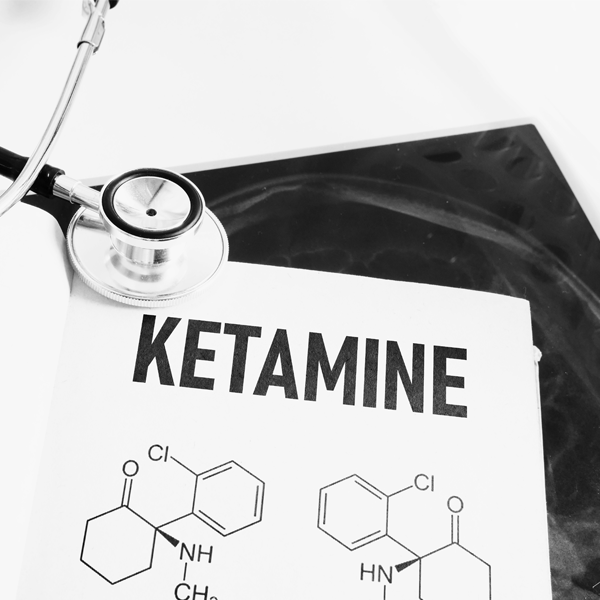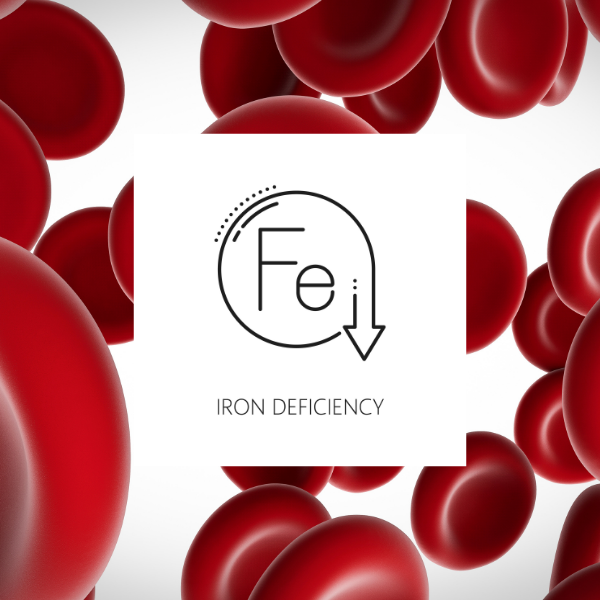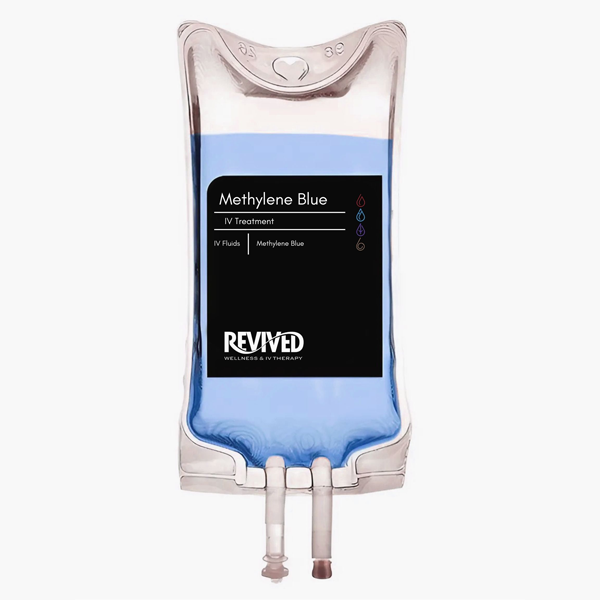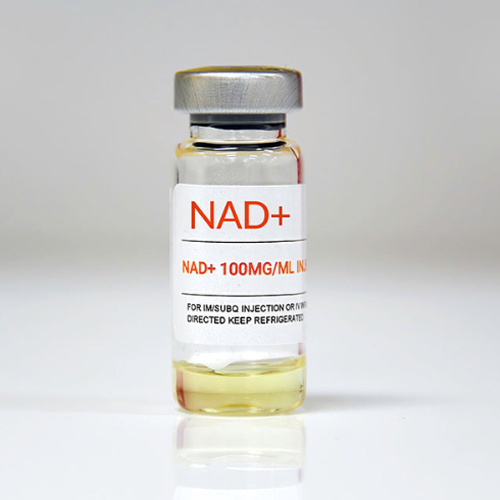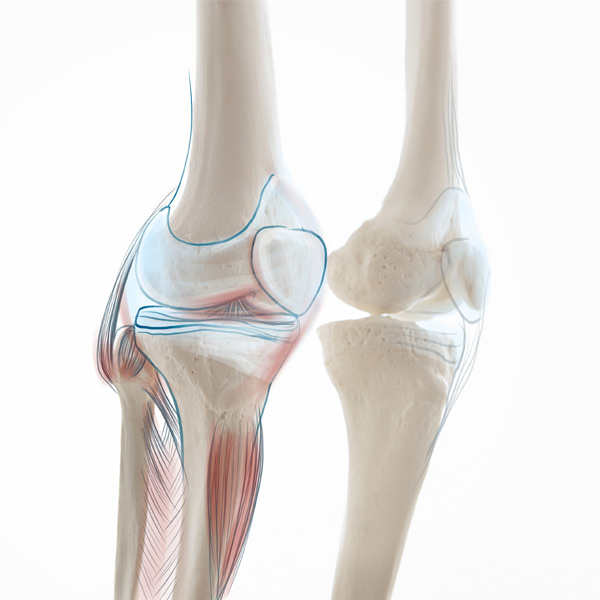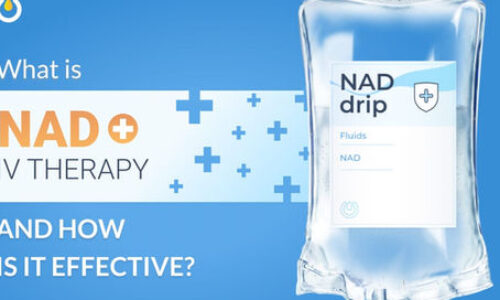Understanding Ketamine Therapy
Ketamine therapy has emerged as an option for treating various mental health conditions, especially for individuals who have not responded to traditional treatments. It is gaining recognition for its potential in addressing depression, anxiety, post-traumatic stress disorder (PTSD), and certain chronic pain conditions. This blog will discuss who makes a good candidate for ketamine therapy and who may not be suitable for this treatment, offering insights to help patients and healthcare providers make informed decisions.
What is Ketamine Therapy?
Ketamine, originally developed as an anesthetic, works by interacting with the brain’s glutamate system, influencing the N-methyl-D-aspartate (NMDA) receptors. By blocking these receptors, ketamine can help modulate mood, reduce symptoms of depression, and provide pain relief. Ketamine therapy is typically administered through intravenous (IV) infusions, although other methods, like nasal sprays, are also available.
Who is a Good Candidate for Ketamine Therapy?
- Individuals with Treatment-Resistant Depression
One of the primary uses of ketamine therapy is for treatment-resistant depression. This condition is defined by a lack of response to at least two different antidepressant treatments. Ketamine may offer relief for individuals who have tried various medications and therapies without success. It has been shown to produce a rapid reduction in depressive symptoms, which can be crucial for those experiencing severe episodes or suicidal thoughts. - Patients with Chronic Pain Conditions
Ketamine therapy can also be effective for individuals with certain chronic pain conditions, such as fibromyalgia, complex regional pain syndrome (CRPS), and neuropathic pain. By blocking NMDA receptors, ketamine can help reduce the perception of pain and improve overall quality of life for patients who have not responded to standard pain management strategies.
- People with Post-Traumatic Stress Disorder (PTSD)
PTSD can be a challenging condition to manage, with symptoms including flashbacks, severe anxiety, and sleep disturbances. Ketamine therapy has shown potential in reducing the severity of PTSD symptoms. By altering glutamate levels, ketamine may help in creating new neural pathways that can improve emotional regulation and reduce anxiety.
- Patients with Anxiety Disorders
Ketamine has been used to treat various anxiety disorders, including generalized anxiety disorder (GAD) and social anxiety disorder. Individuals who have not found relief through cognitive-behavioral therapy (CBT) or traditional medications may consider ketamine therapy as an alternative. It may help in reducing the intensity and frequency of anxiety symptoms.
Who May Not Be a Suitable Candidate for Ketamine Therapy?
- Individuals with Uncontrolled High Blood Pressure
Patients with uncontrolled hypertension may not be suitable for ketamine therapy. Ketamine can cause temporary increases in blood pressure, which could pose a risk for individuals with cardiovascular issues. It is essential for healthcare providers to evaluate blood pressure levels and consider other medical conditions before recommending ketamine therapy.
- Patients with a History of Substance Abuse
Ketamine has a potential for abuse and dependence. Individuals with a history of substance abuse may not be ideal candidates for ketamine therapy. Medical professionals need to conduct a thorough assessment of a patient’s history with substance use before considering ketamine as a treatment option. Alternative therapies might be explored to avoid the risk of dependency.
- People with Certain Psychiatric Disorders
Patients with certain psychiatric conditions, such as schizophrenia or bipolar disorder, may not be suitable candidates for ketamine therapy. Ketamine’s dissociative effects could exacerbate symptoms of psychosis or lead to manic episodes in individuals with bipolar disorder. A careful assessment by a mental health professional is necessary to determine if ketamine therapy is appropriate.
- Women Who Are Pregnant or Breastfeeding
There is limited research on the safety of ketamine therapy during pregnancy or breastfeeding. As a precaution, ketamine therapy is generally not recommended for pregnant or breastfeeding women. Alternative treatment options should be considered to ensure the safety of both the mother and child.
Consultation and Evaluation
Before starting ketamine therapy, a thorough consultation with a healthcare provider is essential. This evaluation will include a review of medical history, current medications, and an assessment of mental health and physical health conditions.
It is crucial for individuals to discuss their options with a healthcare provider to ensure that ketamine therapy is a suitable and safe option for them. Regular follow-ups are also necessary to monitor the patient’s response to treatment and make adjustments as needed.
Revived IV Therapy: Supporting Your Mental Health and Pain Management
At Revived IV Therapy in Houston, we provide ketamine therapy as a treatment option for those struggling with depression, anxiety, PTSD, and chronic pain. Our experienced medical professionals conduct comprehensive evaluations to determine if ketamine therapy is the right choice for each individual. We offer a safe and supportive environment, ensuring personalized care throughout the treatment process.
If you are considering ketamine therapy and want to learn more about its benefits and eligibility, contact Revived IV Therapy today. Our team is here to help you find the right path to better mental health and pain management.




